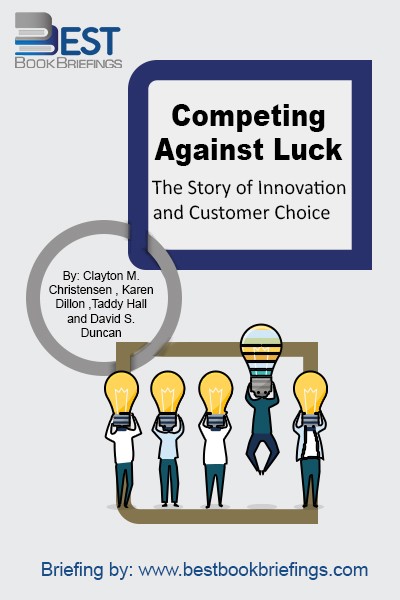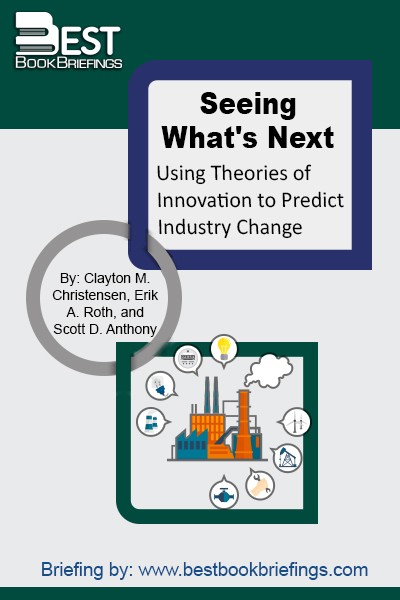How Will You Measure Your Life?
Editorial Review
From the world’s leading thinker on innovation and New York Times bestselling author of The Innovator’s Dilemma, Clayton M. Christensen, comes an unconventional book of inspiration and wisdom for achieving a fulfilling life. Christensen’s The Innovator’s Dilemma, notably the only business book that Apple’s Steve Jobs said “deeply influenced” him, is widely recognized as one of the most significant business books ever published. Now, in the tradition of Randy Pausch’s The Last Lecture and Anna Quindlen’s A Short Guide to a Happy Life, Christensen’s How Will You Measure Your Life is with a book of lucid observations and penetrating insights designed to help any reader—student or teacher, mid-career professional or retiree, parent or child—forge their own paths to fulfillment.
Book Reviews
Books on Related Topics
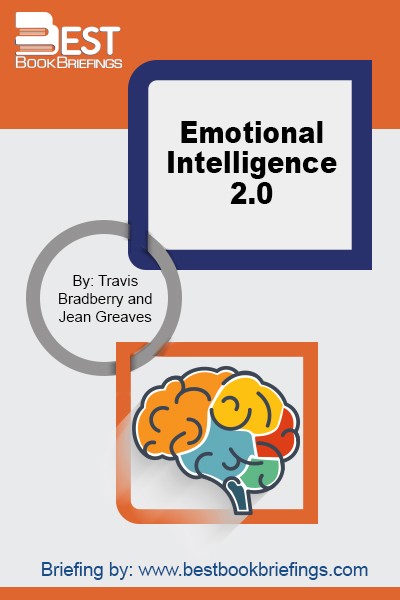
How much of an impact does Emotional intelligence (EQ) on your professional success? The short answer is: a lot! EQ has been tested alongside 33 other important workplace behaviors and was found to subsume the majority of them, including time management, decision- making and communication. EQ is so critical to success
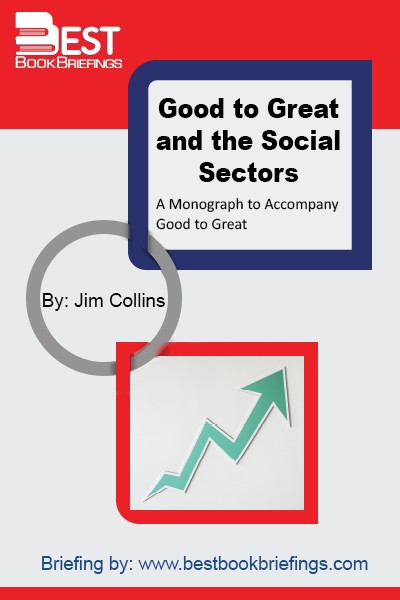
The idea that the path from good to great in the social sectors is to become “more like a business” is dead wrong. Great companies make a prosperous society, but not a great society for economic growth and power are the means, not the end, of a great nation. Few businesses
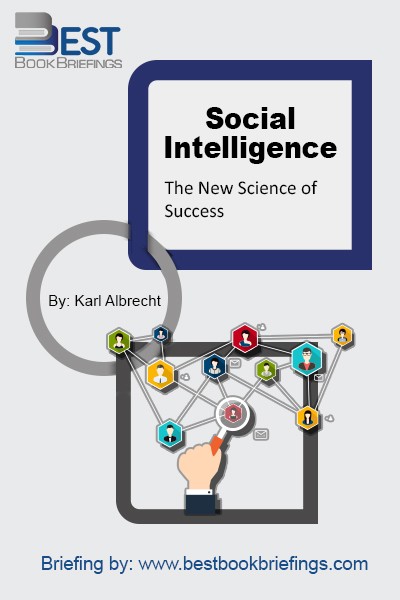
Social intelligence is defined as the ability to get along well with others while winning their cooperation. Social intelligence is a combination of sensitivity to the needs and interests of others, which is sometimes called your social radar, an attitude of generosity and consideration, and a set of practical skills for

For over a decade, Brené Brown has found a special place in our hearts as a gifted mapmaker and a fellow traveler. She is both a social scientist and a kitchen-table friend whom you can always count on to tell the truth, make you laugh, and, on occasion, cry with you.
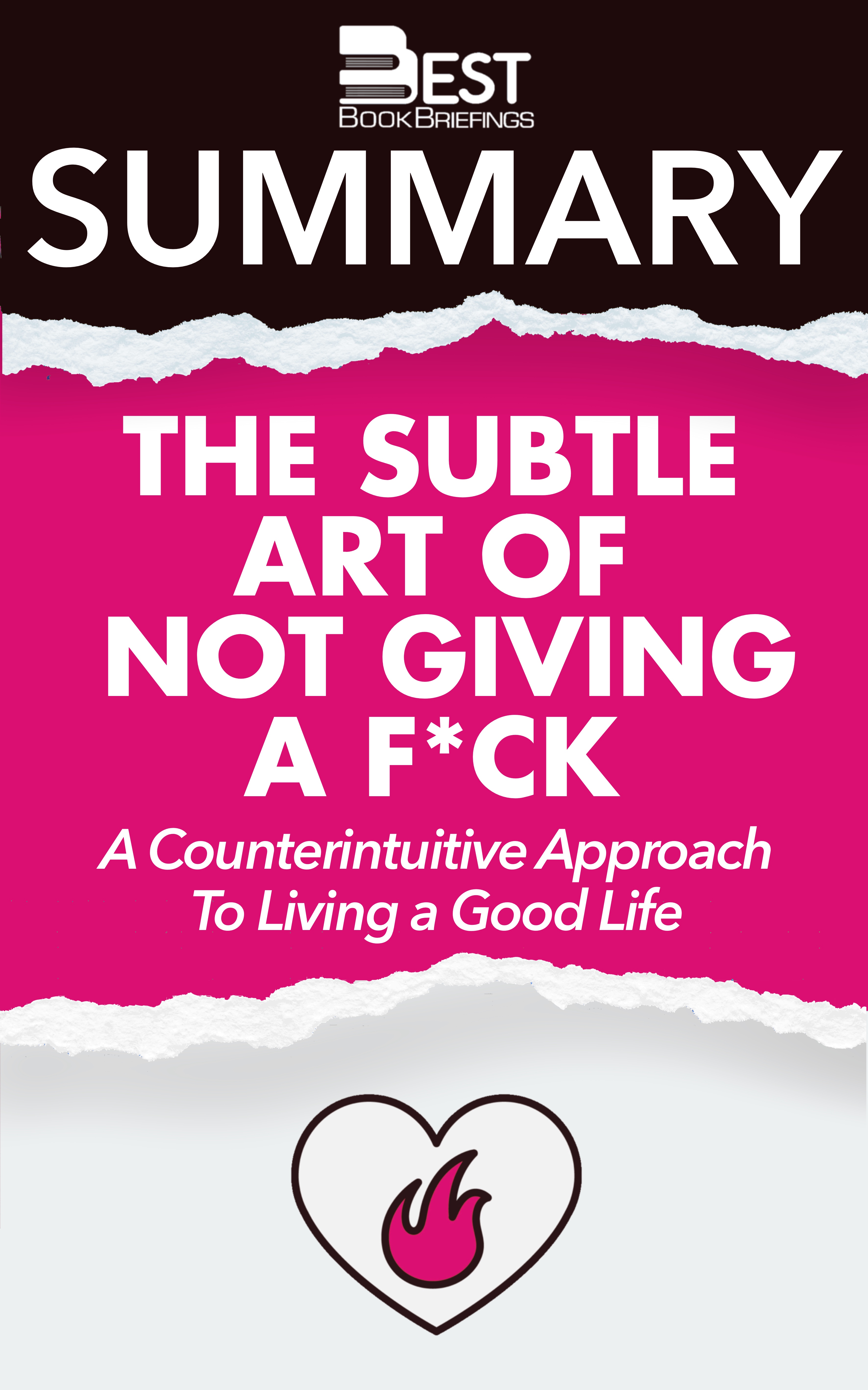
For decades, we’ve been told that positive thinking is the key to a happy, rich life. F**k positivity, Mark Manson says. Let’s be honest, shit is f**ked and we have to live with it. In his wildly popular Internet blog, Manson doesn’t sugarcoat or equivocate. He tells it like it is—a

I’ve been in this life for fifty years, been trying to work out its riddle for forty-two, and been keeping diaries of clues to that riddle for the last thirty-five. Notes about successes and failures, joys and sorrows, things that made me marvel, and things that made me laugh out loud.
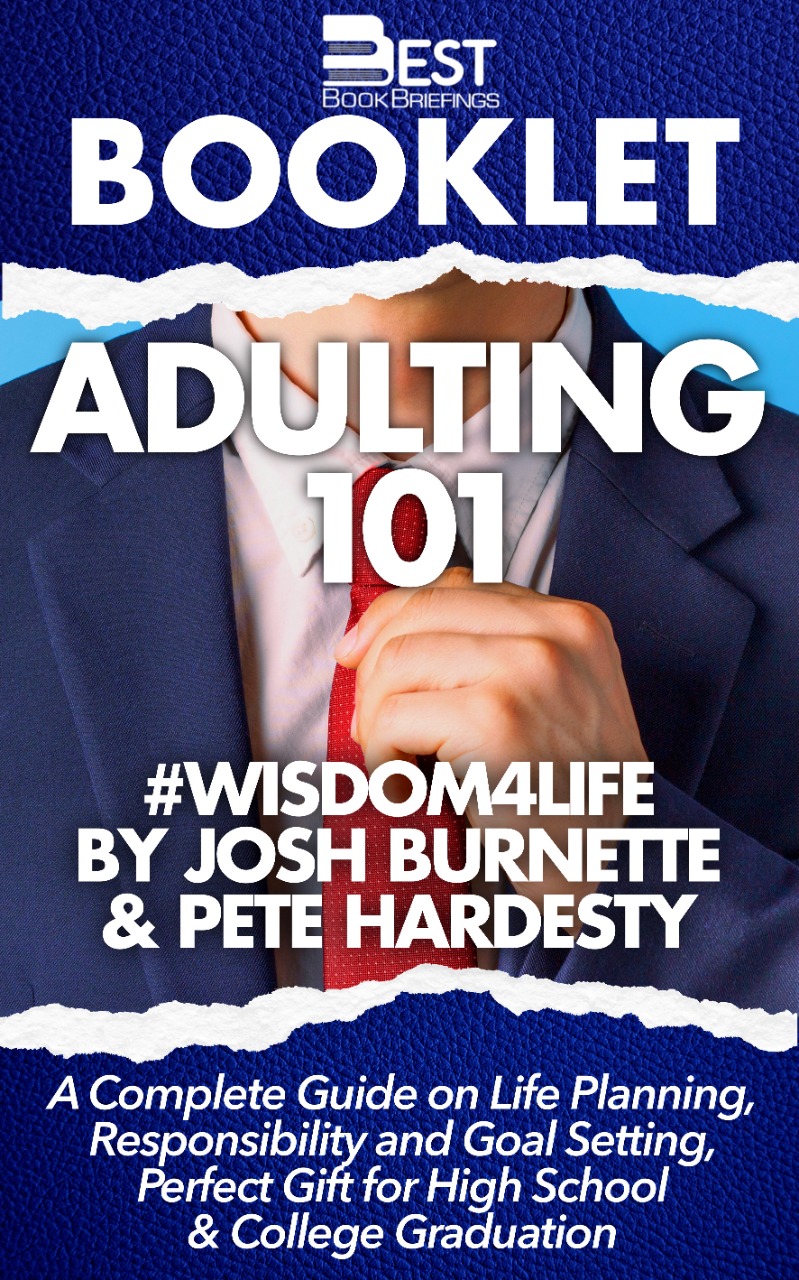
Adulting (verb) : To do grown-up things and have responsibilities, such as finding full-time employment, paying rent, or owning a car. Basic life skills go mostly untaught in classrooms, so graduates are on their own to figure out how to live successfully in the world. Without any guidance, where do you start? Adulting 101 is a


